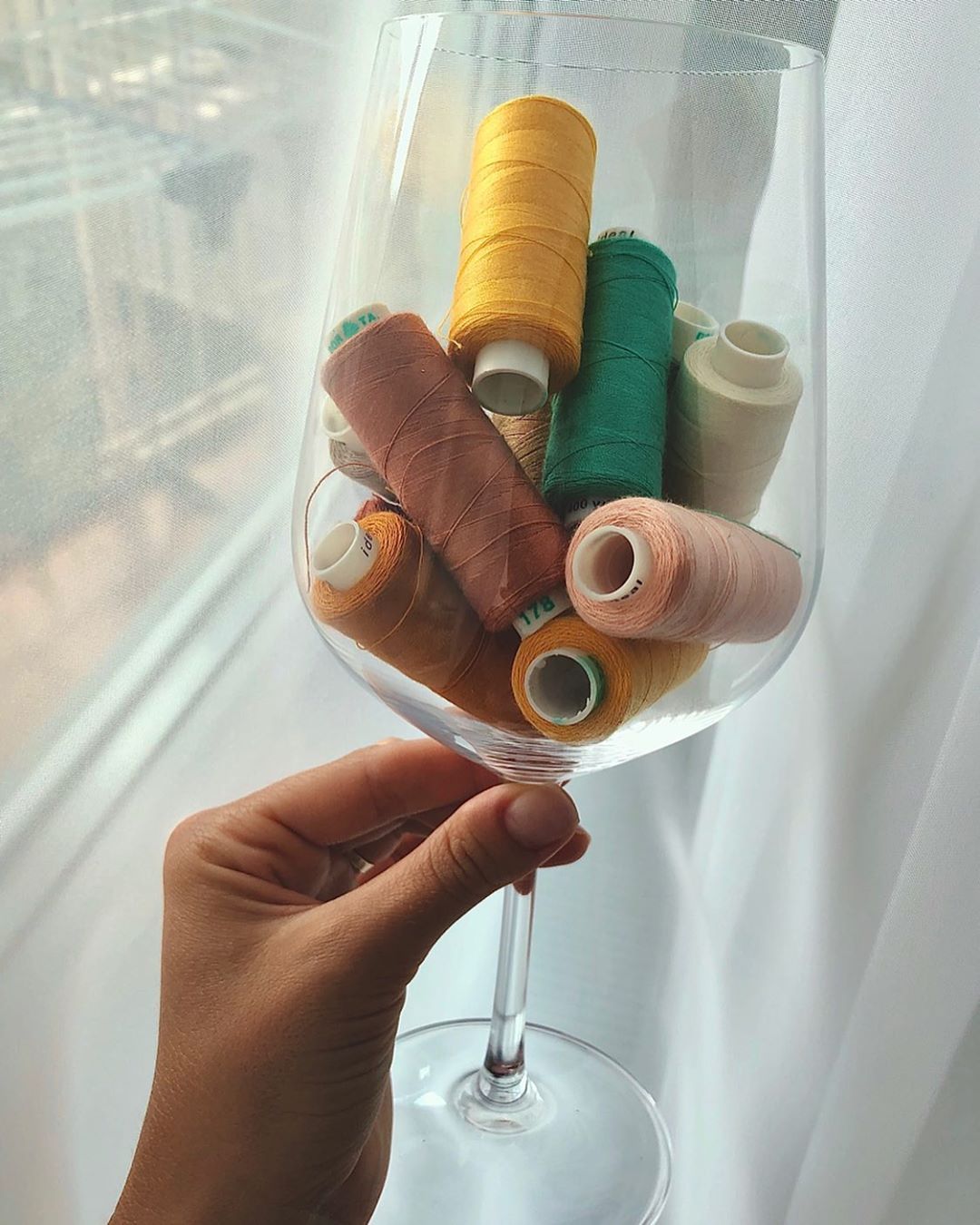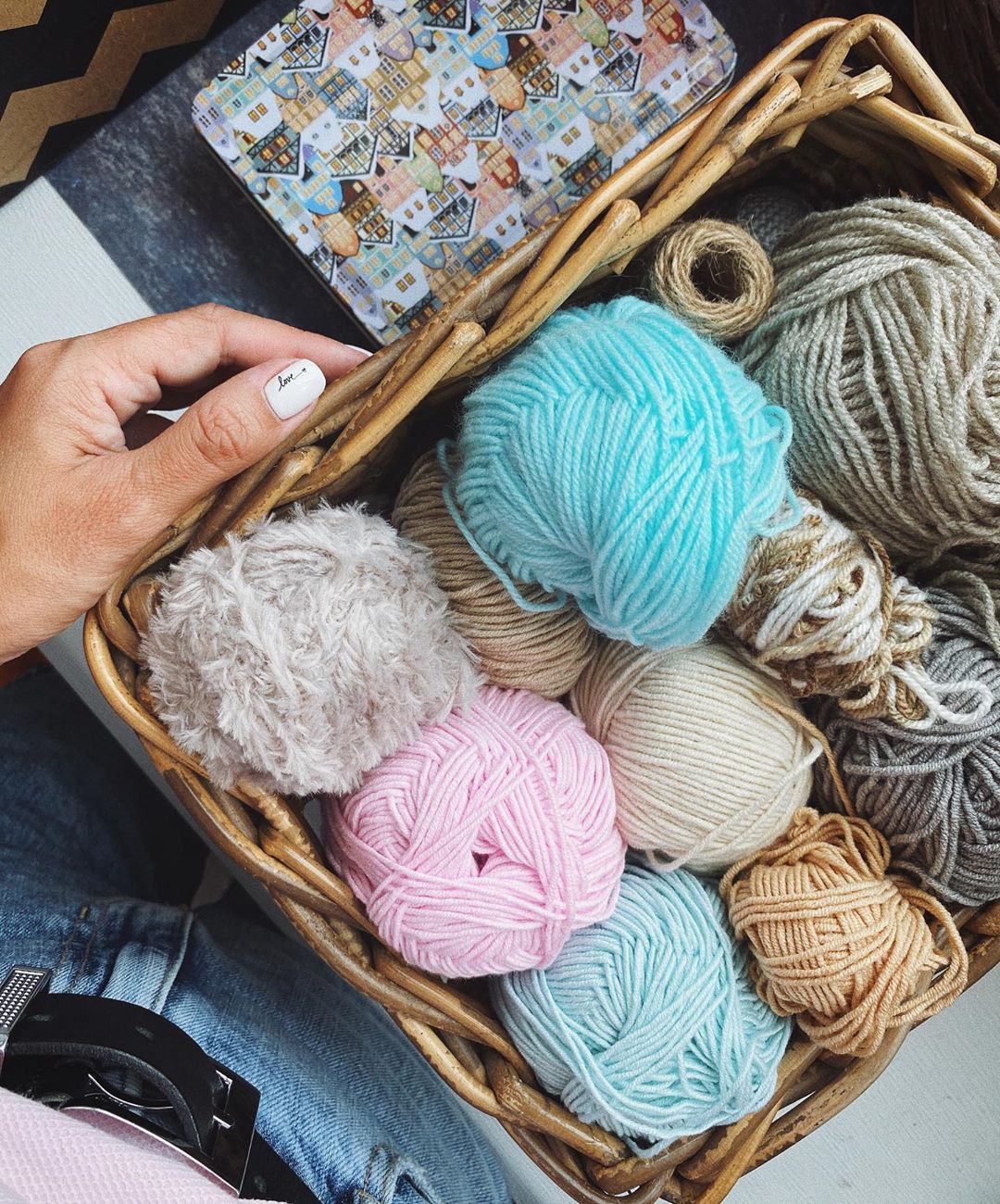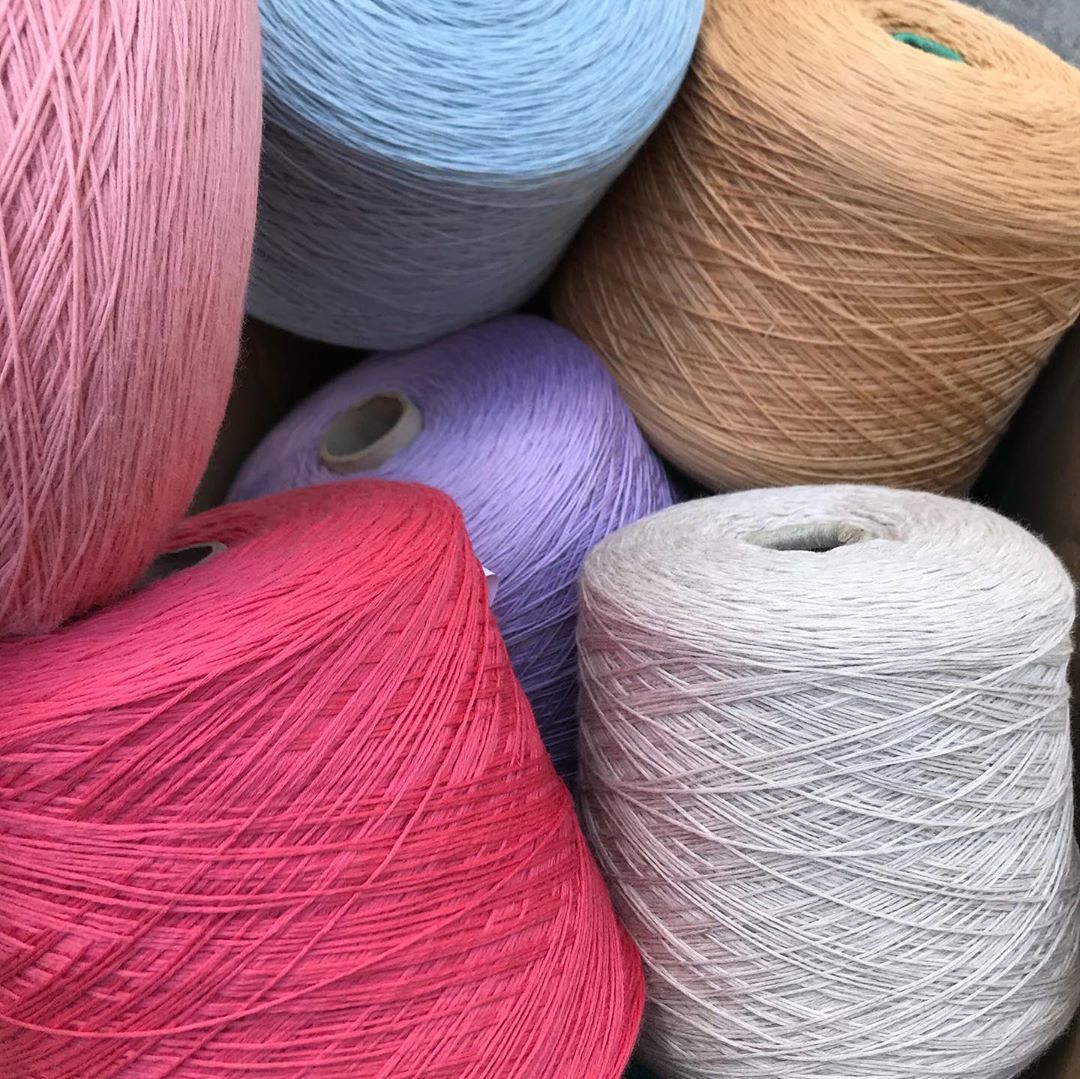Threads are a unique human invention, without which it is impossible to imagine the existence of many modern things. Meanwhile, they appeared many thousands of years ago and in their original form looked very unusual.

@sotina_a
In ancient times, people connected elements of primitive clothing to each other using thin hairs from the skin of animals caught in hunting.
A little later, during the heyday of Ancient Egypt, the hair of domesticated animals, rather than wild ones, was used. Even then, people tried to transform the appearance of threads. For example, they were colored with vegetable dyes (berries, grass). And the ancient Chinese discovered silk threads, incredibly expensive, but durable.
For a long time, threads were used only for practical purposes - they were used to connect fabrics. However, in the Middle Ages, when shipping and trade with Asian countries developed especially actively, European ladies learned that they could be used for needlework (for example, embroidery).
Around the 18th century, threads began to be produced on an industrial scale.At that time, various factories were opened throughout Europe, equipped with machine tools and high-speed machines for that time.

@kladovaya_enota
Threads are thin fibers of small diameter twisted together. Reels, spools, and paper sleeves are used for packaging. Their main function is to firmly fasten textile parts to each other.
Threads today are almost always a chemical product, the raw materials for which are polyamide, polyester, propylene, vinyl, viscose and other artificially obtained or natural fibers.
The manufacturing process consists of three stages:

@filaticlub
In sewing stores, an inexperienced needlewoman can get lost - the selection of modern threads is so huge. They differ in the material they are made of and can be made of cotton, linen, wool, silk or synthetic.
Depending on the area of application, the following types of threads are distinguished:
So, modern threads are different. They should be purchased taking into account the purpose for which they are intended. However, do not forget to pay attention to quality - sometimes a lot depends on it.